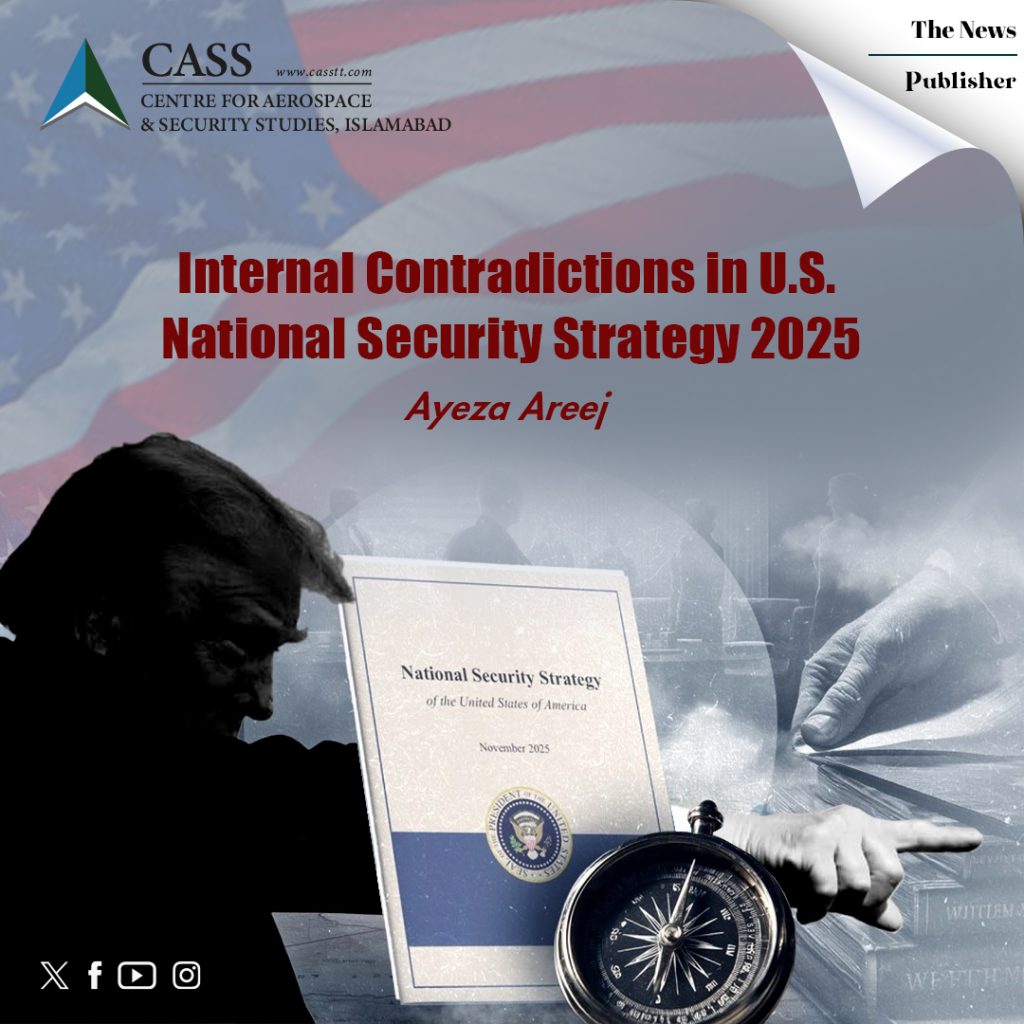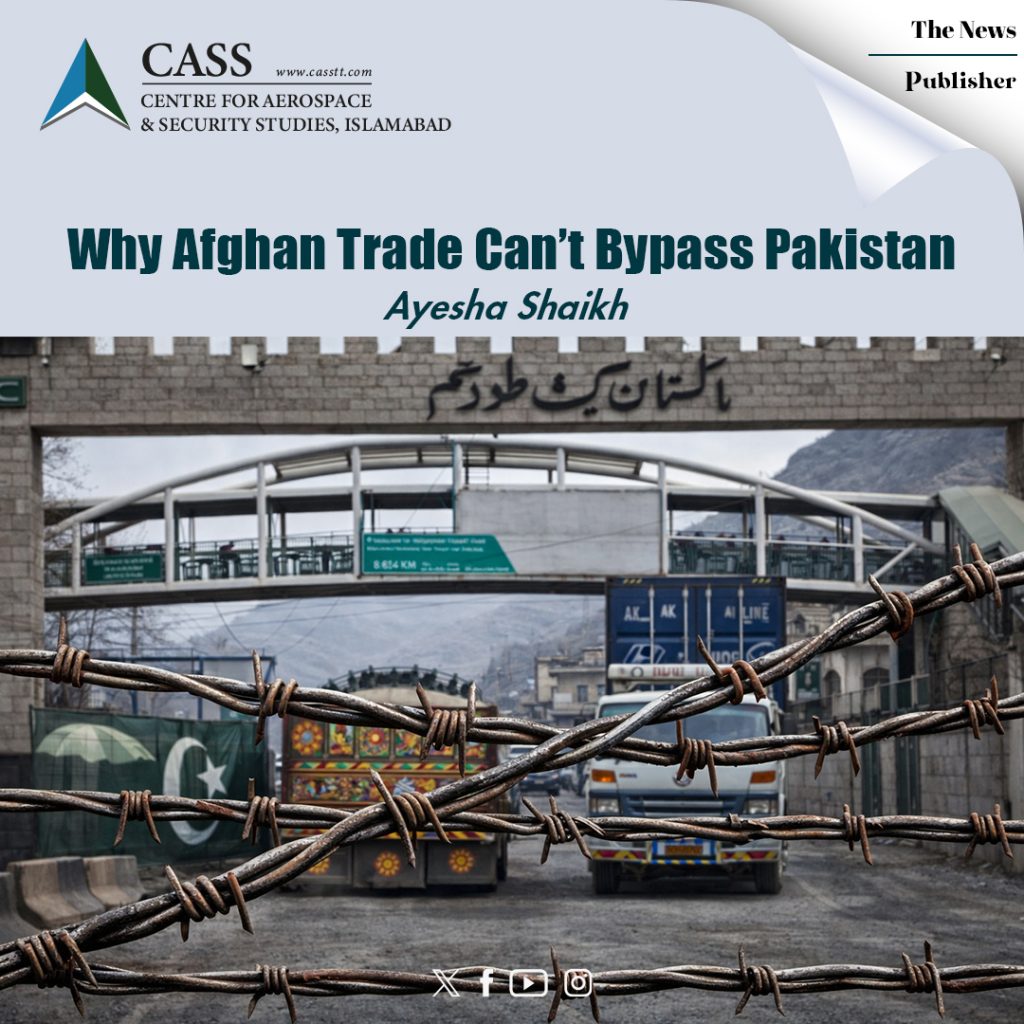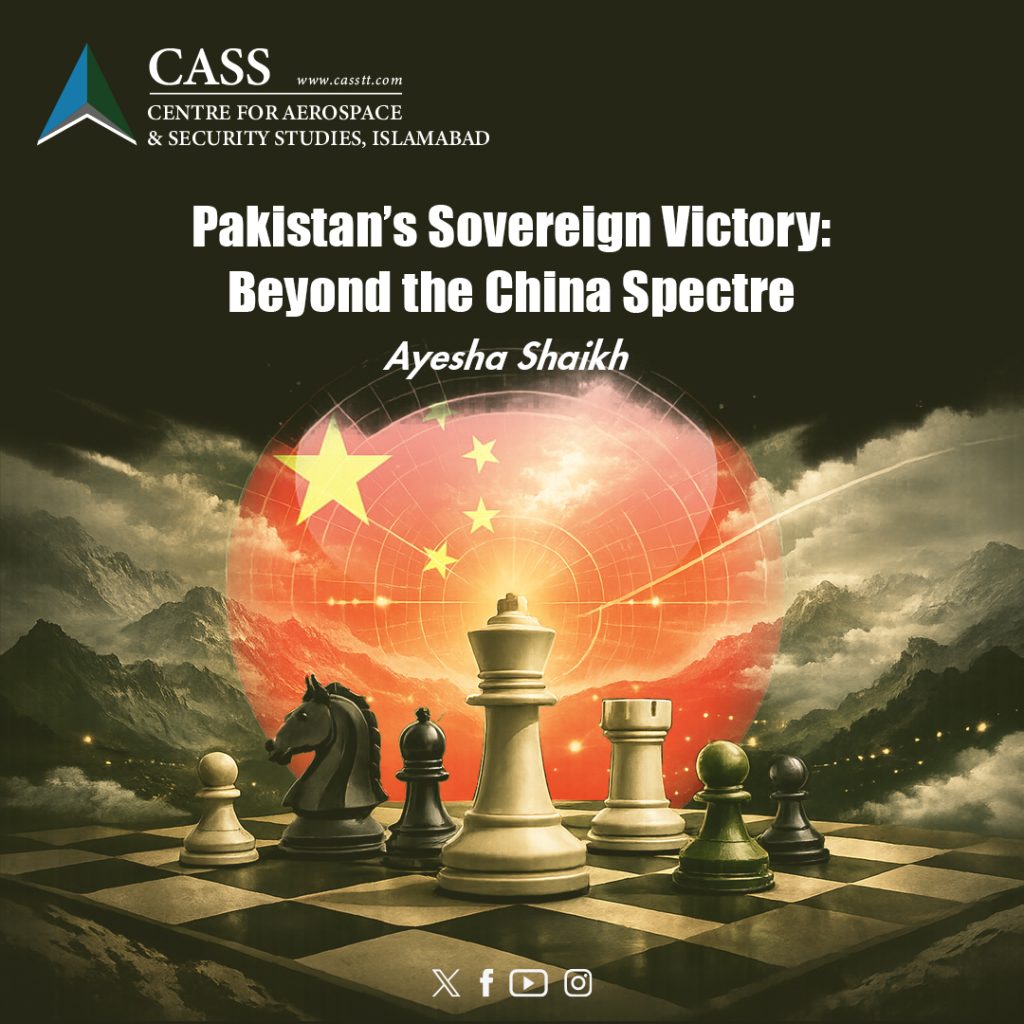The 48th OIC Council of Foreign Ministers’ Meeting, which was held in Islamabad, laid an important and due emphasis on collective effort towards solving the problems of the Ummah as a whole, as encapsulated by the theme of “Partnering for Unity, Justice and Development.” This included highlighting the economic challenges faced by sections of the Ummah during an extremely volatile phase of the world economy, disrupted as it is by post-Covid supply shocks and commodity instability due to the Russo-Ukrainian conflict. The Islamabad declaration recognised these challenges and pointed to “a myriad of economic, scientific and technological opportunities for harnessing international trade, investments and connectivity through partnerships” among OIC members. It further noted the “pivotal role of the Islamic Development Bank” (IsDB) in reconstruction efforts (particularly in Afghanistan). Yet in observing the size of the OIC, as well as the spirit invoked by the participant ministers in the sessions of the 48th meeting, one is compelled to ask: what role can the Islamic Development Bank play in the ambitions articulated by leaders of the Ummah?
In reading the financial statements, credit analysis, and project evaluations of the IsDB, I have come to surmise that the IsDB can in fact play a very meaningful role, far larger than it has typically played due to an exceedingly conservative financial disposition. It is time, I believe, for the IsDB to shun this financially conservative approach and assume the large multilateral role that it has the potential to play, particularly in driving a development agenda for the Ummah’s developing-country participants, including Pakistan. The IsDB was established in 1974 and it is headquartered in Jeddah with regional hubs that include Dhaka as our closest office. It has 57 member countries as represented in the OIC, and all of its investments are Shariah-compliant. Saudi Arabia is its largest shareholder, with nearly a quarter of the equity of the IsDB, followed by Libya at nearly 10 percent (a legacy of the Qaddafi era), and Iran with 8 percent. Despite its size and importance within the Ummah, Pakistan holds only 3.1 percent of the ownership, half that of Kuwait or Qatar (roughly 7 percent each).
The IsDB is a well-endowed multilateral organisation with $USD 35 billion in total assets, $72 billion in subscribed share capital and $9 billion in paid-up capital. With a total assets/total liabilities ratio of 160 percent and liquid assets/total liabilities ratio of nearly 50 percent, it enjoys an extremely secure financial position. This is why it receives a triple-A (AAA) rating from the world’s three major credit rating agencies (Moody’s, S&P, and Fitch), which is an enviable financial position for anyone to have in the global financial architecture. After a near half-century of established function, it has consistently maintained a pristine balance sheet, and credit agencies laud it for its “established track record,” “strong capital base,” “low leverage,” and “solid liquidity levels,” among countless other accolades.
But the question that one must then ask is, is its credit position and balance sheet too pristine relative to the requirements of developing the Muslim world? If, for example, the Ummah consisted of countries with mostly elderly demographics, stable and largely industrialised economies that had strong technological foundations, one would be willing to accept conservative fiscal outlooks since there wouldn’t be too many new opportunities to invest and the aging populations would prefer low-yield stability over growth-driven profiles. This, of course, does not characterise the Ummah.
Most OIC countries have very young, poor and restive populations, yearning for opportunities to gain education and employment. They are undercapitalised and lack sufficient infrastructure to absorb their bubbling energies. Because of their underinvested educational and underemployment profiles, they are much more vulnerable to radical notions and recourse to violence in frustration. In other words, from Algeria to Yemen, and from Afghanistan to Uganda, there is an urgent need to mobilise development resources from multilateral and national economic sources to drive a development agenda; and there is no shortage of areas to invest with high rates of (social and economic) returns.
Yet the IsDB maintains its lofty AAA rating. To what end? Even the United States, the withering nucleus of the global capitalist architecture, did not have an AAA rating from S&P owing to its financial mismanagement that boiled over in the 2008 financial crisis. If the bedrock of the world capitalist empire doesn’t bother with AAA, why does the IsDB? This is, in my view, a reflection of excess conservatism at the IsDB, which addresses neither the requirements nor the aspirations of a brimming Ummah. At present, the IsDB’s project portfolio (finance and technical assistance) includes important areas such as education, healthcare, agriculture, and basic infrastructure; and one would be remiss not to recognise its work over the past half-century. However, the IsDB has one the broadest operational scopes among the major multilateral banks, and its pride in limited country-exposure and asset diversification, do not correspond to the development agenda that the Ummah needs. The bank can and should be a more active lender and technical assistant, particularly in Pakistan. After all, the IsDB’s ultimate success is to be measured by the broader prosperity of the Ummah, and not by its AAAs.
Dr. Usman W. Chohan is the Director for Economic Affairs and National Development at the Centre for Aerospace & Security Studies (CASS). The article was first published in The Nation. He can be reached at [email protected].
Image Source: Bol News, (2021, October 22), Islamic Development Bank announces final issuances, https://www.bolnews.com/business/2021/10/islamic-development-bank-announces-final-issuances/





